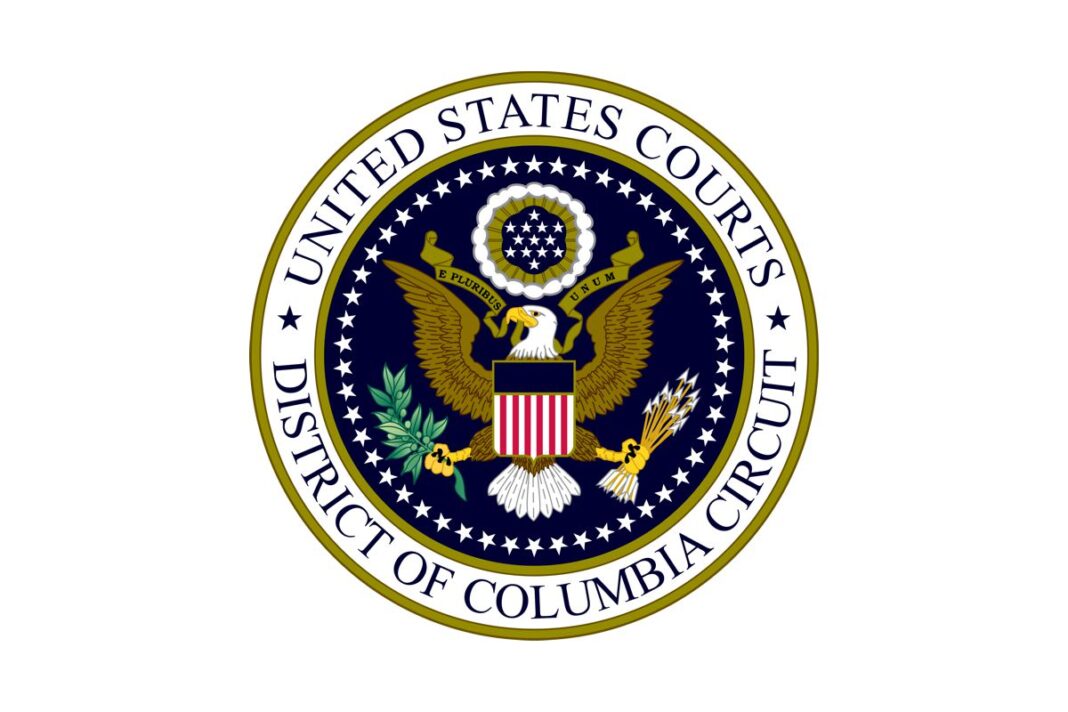
The appeals order came on the same evening as an emergency hearing before Boasberg.
An appeals court has temporarily halted U.S. District Judge James Boasberg’s order finding probable cause the Trump administration was in contempt for not complying with his order prohibiting deportations under the president’s proclamation in March.
“The purpose of this administrative stay is to give the court sufficient opportunity to consider the emergency motion for a stay pending appeal or a writ of mandamus and should not be construed in any way as a ruling on the merits of that motion,” an order from the U.S. Court of Appeals for the D.C. Circuit said on April 18.
The administration’s appeal came before three circuit judges: Judges Cornelia Pillard, Gregory Katsas, and Neomi Rao. According to the order, Pillar would not have administratively stayed Boasberg’s order, which indicated the administration would face prosecution if it didn’t act to purge the contempt by complying with Boasberg’s order.
The appeals court’s order, which ordered further briefing, came on the same evening that Boasberg held an emergency hearing in the same case. Attorneys for Venezuelan nationals asked Boasberg to issue another restraining order, stating that the administration was moving to deport more people without proper notice.
Boasberg said he lacked authority to issue such an order, given that the Supreme Court had vacated a similar order earlier this month. In that decision, the Supreme Court vacated two of Boasberg’s orders prohibiting deportations while stating that the case had been brought in the wrong court. Boasberg has said that despite the court’s ruling, he can still pursue potential contempt.
In an emergency motion to the D.C. circuit, the administration said Boasberg’s April 16 contempt-related order was directing them to pursue two avenues, both of which it said were unconstitutional.
“Either Defendants must aid the court in its efforts to effectuate a contempt prosecution—a step that unconstitutionally commandeers the President’s exclusive and preclusive prosecutorial powers,” the Justice Department said. “Or, the Defendants may cure contempt by ‘assert[ing] custody’ of individuals who are in the custody of El Salvador—a step that unconstitutionally compels the Executive Branch to persuade or force a foreign sovereign to accede to the court’s demands,” it added, quoting Boasberg’s opinion.
The rulings represent the latest development in an ongoing clash between the judicial and executive branches following President Donald Trump’s proclamation that invoked the Alien Enemies Act to allow removal of members of the Venezuelan Tren de Aragua gang.
By Sam Dorman








